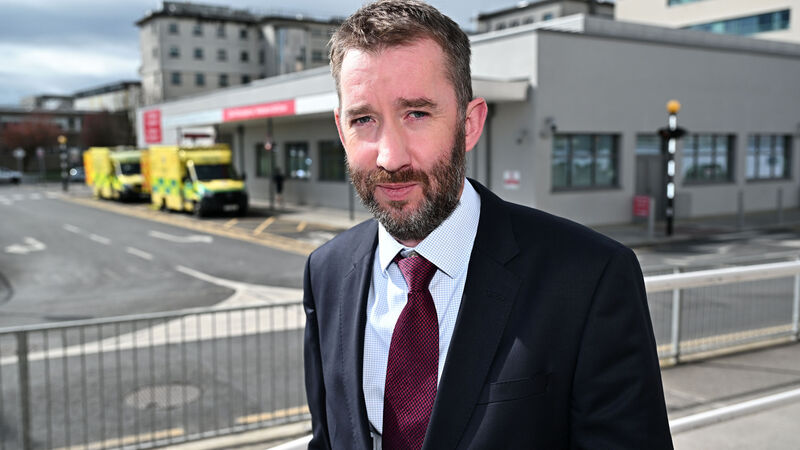Cancer doctor warns of two-tier health system emerging due to insurance

Michael McCarthy: 'I suspect that at some stage in the next year there will be somebody like Vicky Phelan who will take it up very publicly.' Picture: Ray Ryan
Does the patient have insurance?
If you watch American medical dramas, you know when the answer is ‘no’ only an emotional showdown between medics and managers can help that patient.














